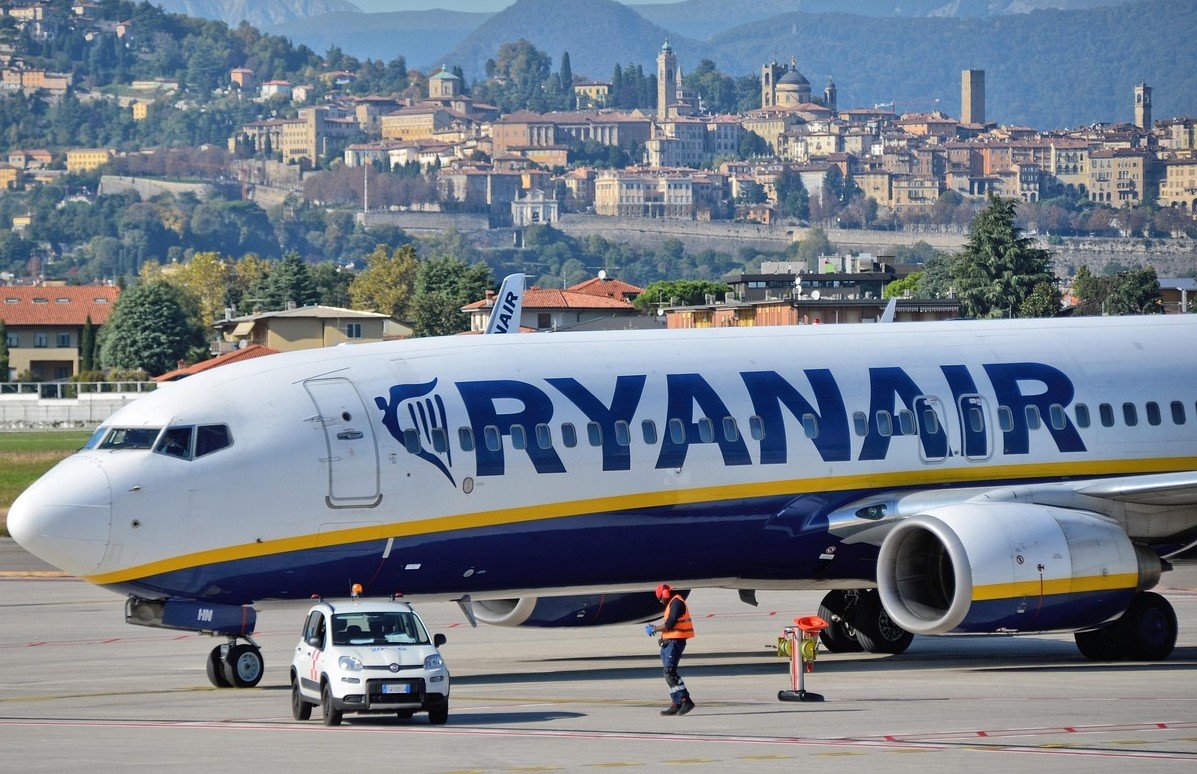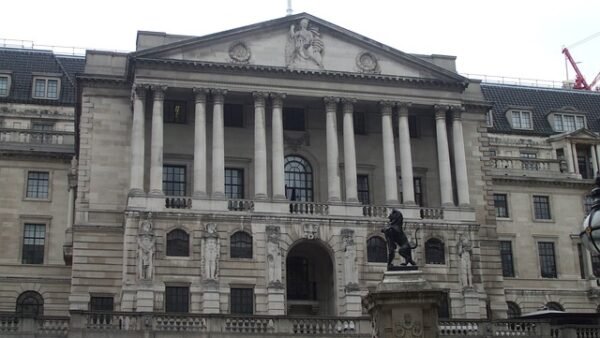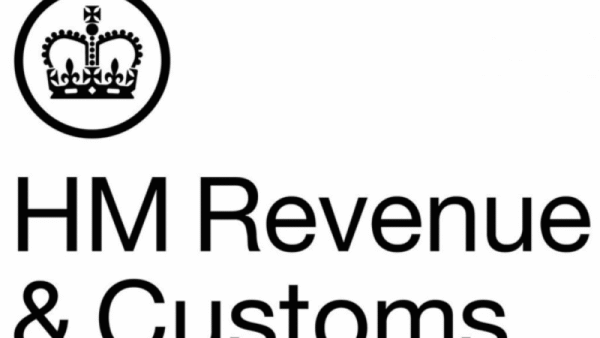 Let’s get this out of the way: Ryanair is awful.
Let’s get this out of the way: Ryanair is awful.
At least, that’s what the surveys say. Year after year it’s voted among the worst for customer service. The airline has been dragged through headlines for mass cancellations, cheeky ads, and a CEO who once suggested charging passengers a pound to use the loo. And yet, Ryanair is Europe’s largest airline. In 2019 it carried more than 150 million passengers, profits regularly topped a billion pounds, and its social media following dwarfs that of airlines with ten times the service budget.
How does an airline everybody claims to hate keep winning?
Ryanair understands something most brands don’t: being loved by some and indifferent about your detractors can make you wildly successful.
The art of being hated (and remembered)
Ryanair’s strategy is brutally simple: the cheapest fares in Europe, no frills, no apologies. Everything else is negotiable. Michael O’Leary, its pantomime villain of a CEO, has made a career out of winding people up. He’s proposed coin-operated toilets, standing-room “seats,” in-flight porn… None of it was serious; all of it guaranteed headlines. And crucially, every headline hammered the same point: Ryanair is cheap.
Even when the airline cancelled 20,000 flights in 2017, stranding 700,000 passengers, the result wasn’t collapse. The following year, profits hit record highs. The fury simply kept Ryanair top of mind.
And here’s the thing: Ryanair isn’t alone. Across industries, the world’s most talked-about brands often succeed not by being universally liked, but by being impossible to ignore.
Marmite has built its entire identity on the fact that half the country can’t stand the stuff. Its “love it or hate it” campaigns generate complaints by the hundred, but those very complaints fuel conversation and sales.
BrewDog turned beer into an alleged “punk movement”. From brewing the world’s strongest ale and packaging it in taxidermied squirrels, to calling out “boring big beer” in graffiti-style adverts, the Scottish brewery courted outrage and instigated a BBC exposé into its corporate culture. Yet still it is sold by the crate, as drinkers feel that they are buying into a movement.
Paddy Power did the same with betting. Fake priests at football grounds, offensive odds, gleeful ASA bans. Their stunts got condemned in Parliament one week and went viral the next. By refusing to play safe, they became the most talked-about bookmaker in Britain.
Nike knew the risk when it put Colin Kaepernick in its ads. Customers literally burned their trainers. But the campaign also added $6 billion to Nike’s market value, because its core audience rallied harder than ever.
Different industries. Same playbook.
Why it works
It’s the Marmite effect. Being polarising makes you memorable; indifference is the real enemy.
Polarising brands also create tribes. Flying Ryanair isn’t just about getting from A to B — it’s a badge of identity: “I’m savvy, I don’t overpay.” BrewDog drinkers once wore the badge of “punk, not corporate.” Nike buyers pledged allegiance to a cause. Consumers don’t just choose brands; they join them.
And the numbers tell the story. Ryanair’s approval scores are abysmal — but its consideration score, the number of people who’d still choose it next time, is above industry average. In other words, plenty of people who say “I hate Ryanair” still end up on their planes.
Lessons for estate agency
So what does any of this have to do with selling houses?
Everything.
Estate agents who try to appeal to everyone often say nothing at all. The agents who stand out are those who decide who they’re for — and who they’re not. The luxury specialist who proudly charges more for white-glove service. The brutally honest valuer who calls a shoebox flat a shoebox. The anti-agent who rocks up in surf shorts and flip-flops.
It’s not about being rude, contentious or obnoxious. It’s about being clear, consistent, and memorable. About developing a voice with personality, rather than hiding behind clichés of “trusted local experts.” About understanding that repelling the wrong clients is just as important as attracting the right ones.
Because in the end, Ryanair proves that bland brands blend in. Bold ones get remembered.
Toby Martin is an industry trainer, consultant, and new chief content officer for We Are Unchained.





